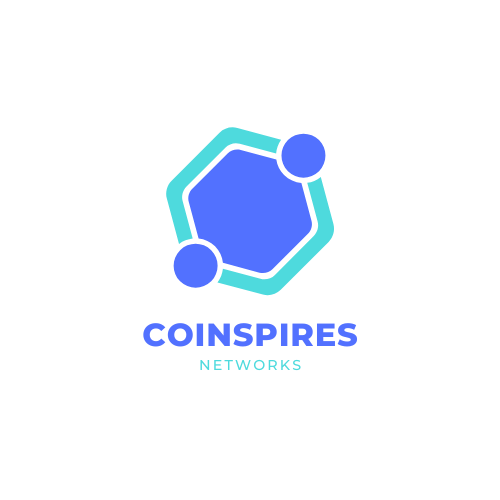To deeply understand Solidity and develop secure and efficient smart contracts, you need a variety of skills and knowledge. Each of these areas enhances your understanding of blockchain and helps create effective smart contracts. Here’s a breakdown of the key knowledge areas:
1. Programming and Algorithm Knowledge
Solidity is a programming language, so understanding basic programming concepts and algorithm design is crucial. These skills help you write optimized, cost-efficient contracts. Familiarity with the following is recommended:
- Data Structures: Such as arrays, mappings, and structs, which are essential for organizing data in Solidity.
- Control Flow: Includes using loops, conditionals, and recursive functions to build complex logic in contracts.
- Computational Complexity: Understanding the execution time of algorithms and minimizing gas costs is especially important for Ethereum contracts.
2. Cybersecurity Knowledge
Security is critical in smart contract development, as any errors can lead to financial vulnerabilities. Having knowledge in the following cybersecurity areas is highly recommended:
- Familiarity with Common Attacks**: Such as Reentrancy, Integer Overflow and Underflow, and Front-running.
- Security Tools: Knowledge of tools like Mythril, Slither, and OpenZeppelin for analyzing and testing contract security.
- Secure Coding Patterns**: Using patterns like Checks-Effects-Interactions to prevent security vulnerabilities.
3. Networking and Blockchain Architecture
Understanding blockchain network architecture and Ethereum's functionality is essential for learning Solidity:
- Blockchain and Distributed Networks**: Knowing the difference between public and private networks and how distributed ledgers function.
- Ethereum Virtual Machine (EVM)**: A deep understanding of the EVM helps you grasp how code is executed in this environment and how gas costs are calculated.
- **Consensus Models**: Familiarity with consensus algorithms like Proof of Work (PoW) and Proof of Stake (PoS) that determine how transactions are validated and blocks are added to the network.
4. Token Economics and Token Standards
Solidity is often used to create tokens and DeFi projects, so understanding the following concepts is beneficial:
- Token Standards: Standards like ERC-20, ERC-721, and ERC-1155 enable you to create fungible and non-fungible tokens (NFTs).
- Token Management and Tokenomics: Understanding tokenomics principles and how tokens are issued and managed to maintain value in DeFi markets.
- DeFi Concepts: Familiarity with concepts like staking, liquidity provisioning, and lending protocols is useful in decentralized finance application development.
5. Mathematics and Cryptography
Cryptography and mathematics are foundational to the security of smart contracts and distributed systems. Important areas include:
- Public and Private Key Cryptography**: Understanding how public and private keys work for identity verification and transaction security.
- Hashing Algorithms**: Knowledge of hashing algorithms like SHA-256 and Keccak-256 that are used for blockchain security.
- Basic Math for Financial Contracts**: Calculus and financial principles that apply to DeFi contracts, such as interest rate calculations and compounding.
6. Familiarity with Development and Testing Tools
Solidity and blockchain development require tools for coding, testing, and debugging contracts:
- Remix IDE: An online IDE for writing and running Solidity contracts.
- Truffle and Ganache: Frameworks for building, testing, and deploying smart contracts.
- OpenZeppelin: A set of secure libraries for developing tokens and smart contracts that help reduce development time and improve security.
Conclusion
Learning Solidity requires a blend of skills, each playing a significant role in smart contract development and building decentralized applications. Combining knowledge of programming, security, networking, tokenomics, and cryptography will help you create secure, efficient, and functional contracts. With practice and experience, you can become a professional developer in this field.
